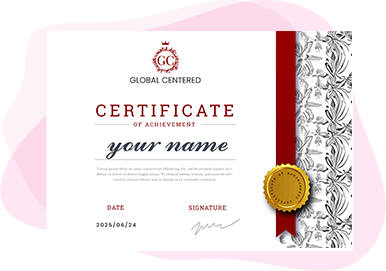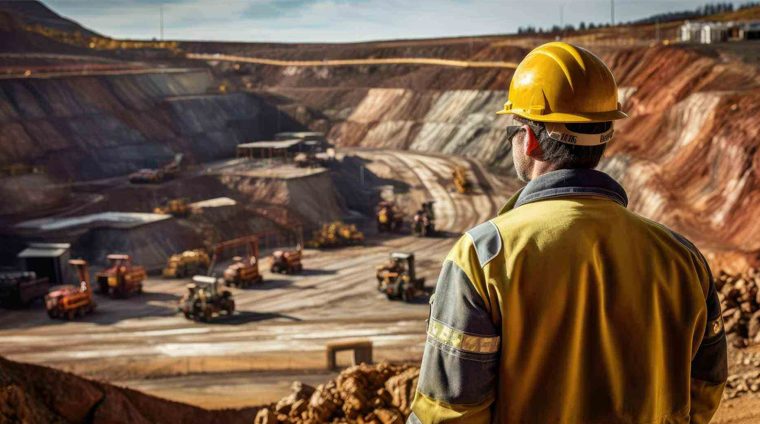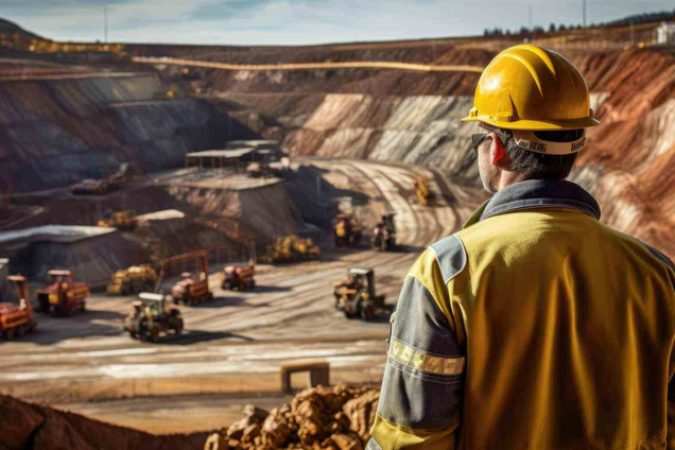Description
Introduction
This intermediate-level course builds upon fundamental petrology knowledge, focusing on advanced petrographic techniques, mineral paragenesis, and geochemical associations. Participants will gain practical insights into mineral exploration through detailed rock analysis, alteration studies, and petrological modeling.
Date
Day | Time | Price | Country |
|---|---|---|---|
Mon – Wed | 8:00 – 10:00 | $5/hrs | Turkey |
Tue – Thu | 18:00 – 19:00 | $5/hrs | Turkey |
Wed – Fri | 20:00 – 21:00 | $5/hrs | Turkey |
Sat – Sun | 18:00 – 19:00 20:00 – 21:00 | $8/hrs | Turkey |
This Training Course Will Highlight
- Advanced petrographic techniques for ore mineral identification.
- Geochemical relationships between host rocks and ore deposits.
- Alteration mineralogy and its role in exploration targeting.
- Petrological indicators of hydrothermal and magmatic mineralization.
- Integration of petrological data with GIS and remote sensing.
Objectives
- Understand the fundamentals of petrology and its relevance to mineral exploration.
- Learn basic rock classification techniques and mineral identification.
- Gain knowledge of petrographic microscope analysis and thin section preparation.
- Develop an understanding of ore-forming environments and host rocks.
- Recognize the role of petrology in geochemical and geophysical exploration.
Training Methodology
- Instructor-led presentations on petrology fundamentals.
- Hands-on rock and mineral identification exercises.
- Practical petrography and thin section analysis.
- Field-based petrological mapping discussions.
- Interactive Q&A sessions on petrology applications in exploration.
- Case Study: Petrographic analysis of a phosphate, gold, or bauxite deposit.
Organizational Impact
- Enhances mineral exploration efficiency through petrological data interpretation.
- Improves understanding of host rock environments for ore deposits.
- Strengthens technical capabilities in rock classification and analysis.
- Supports better integration of petrological, geochemical, and geophysical data.
- Reduces exploration risks by improving rock and mineral identification skills.
Personal Impact
- Develops fundamental skills in petrology and mineral identification.
- Improves ability to interpret rock-forming processes in mineral exploration.
- Strengthens understanding of petrographic techniques in geology.
- Expands career opportunities in mineral exploration and mining companies.
- Builds confidence in handling and analyzing geological samples.
Who Should Attend?
- Entry-level geologists and mineral exploration professionals.
- Mining engineers involved in resource assessment.
- Petrographers and laboratory technicians working in mineralogy.
- Government and geological survey personnel.
- Undergraduate geology and mining students.
- Technical staff in geological laboratories and exploration projects.
- Professionals transitioning into mineral petrology and exploration geology.
Course Outline
Day 1
Advanced Rock Identification and Petrography- Mineralogical classification of igneous, sedimentary, and metamorphic rocks.
- Petrographic features of economic minerals and their host rocks.
- Optical mineralogy and thin section analysis techniques.
- Geochemical classification of lithological units in exploration.
- Comparing mineral assemblages in different geological environments.
- Identifying mineralized rocks in a phosphate deposit.
Day 2
Hydrothermal Alteration and Ore Mineralization- Types of hydrothermal alteration and their significance in exploration.
- Mineral assemblages in hydrothermal systems and alteration halos.
- Petrological characteristics of skarn, porphyry, and epithermal deposits.
- Alteration mapping and geochemical vectoring in mineral exploration.
- Field and lab techniques for alteration mineral identification.
- Petrographic features of hydrothermal gold deposits.
Day 3
Metamorphism and Ore Deposit Evolution- Impact of metamorphism on mineral deposits and ore remobilization.
- Structural and textural changes in mineralized metamorphic rocks.
- Metamorphic facies and their correlation with mineralization.
- Ore genesis in regional and contact metamorphic environments.
- Using petrographic evidence to track metamorphic mineral transformations.
- Petrographic investigation of gold deposits in metamorphic terranes.
Day 4
Geochemical and Petrological Exploration Indicators- Element mobility and geochemical alteration in mineralized systems.
- Using petrography to interpret geochemical exploration data.
- Application of rare earth element (REE) patterns in petrological analysis.
- Thermobarometry and fluid inclusion studies in ore petrology.
- Microprobe and X-ray diffraction (XRD) analysis in mineral exploration.
- Petrological and geochemical zoning in a phosphate deposit.
Day 5
Integration of Petrological Data in Mineral Exploration- Combining petrographic, geochemical, and geophysical data for mineral targeting.
- GIS-based integration of petrographic data for mineral prospectivity mapping.
- Petrological modeling for ore deposit formation and exploration.
- Role of applied petrology in mine planning and ore processing.
- Emerging trends in applied petrology for mineral exploration.
Cancellation policy
no refund is accepted
Certificate


Free
Skill level Intermediate
100% positive reviews
Language: English
Assessments: Self
Step Into a World of Knowledge and Growth
Imagine a place where learning is not just about theory
Courses you might be interested in
Introduction This advanced-level training is designed for senior geologists, petrologists, and exploration managers who need expertise in high-resolution petrographic analysis, ore petrology, geometallurgy, and resource modeling. The course focuses on...
-
0 Lessons
Free
Introduction This course provides a fundamental understanding of applied petrology in mineral exploration, focusing on rock classification, mineral identification, and petrographic analysis. Participants will learn how petrology supports mineral exploration...
-
0 Lessons
Free
Free

